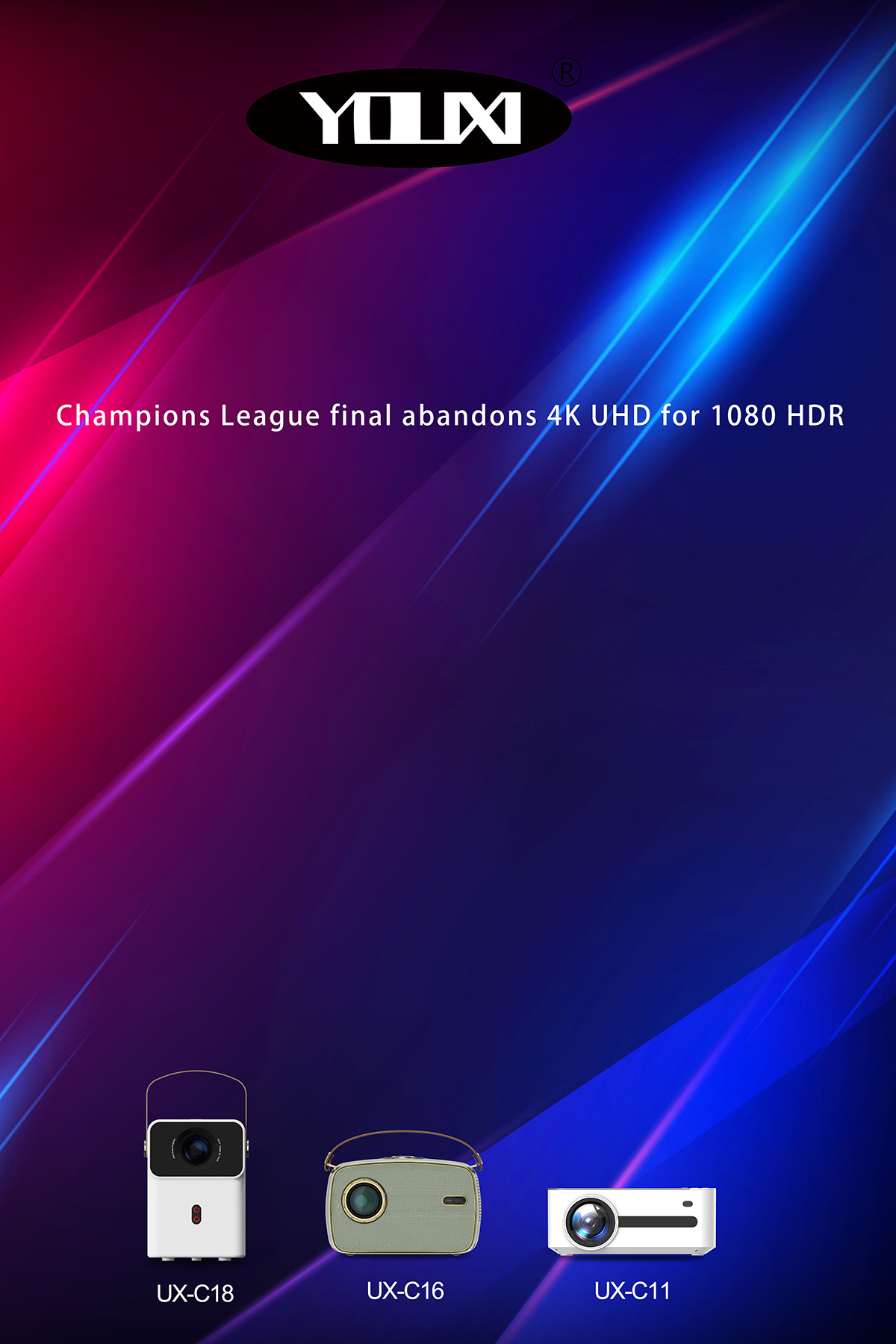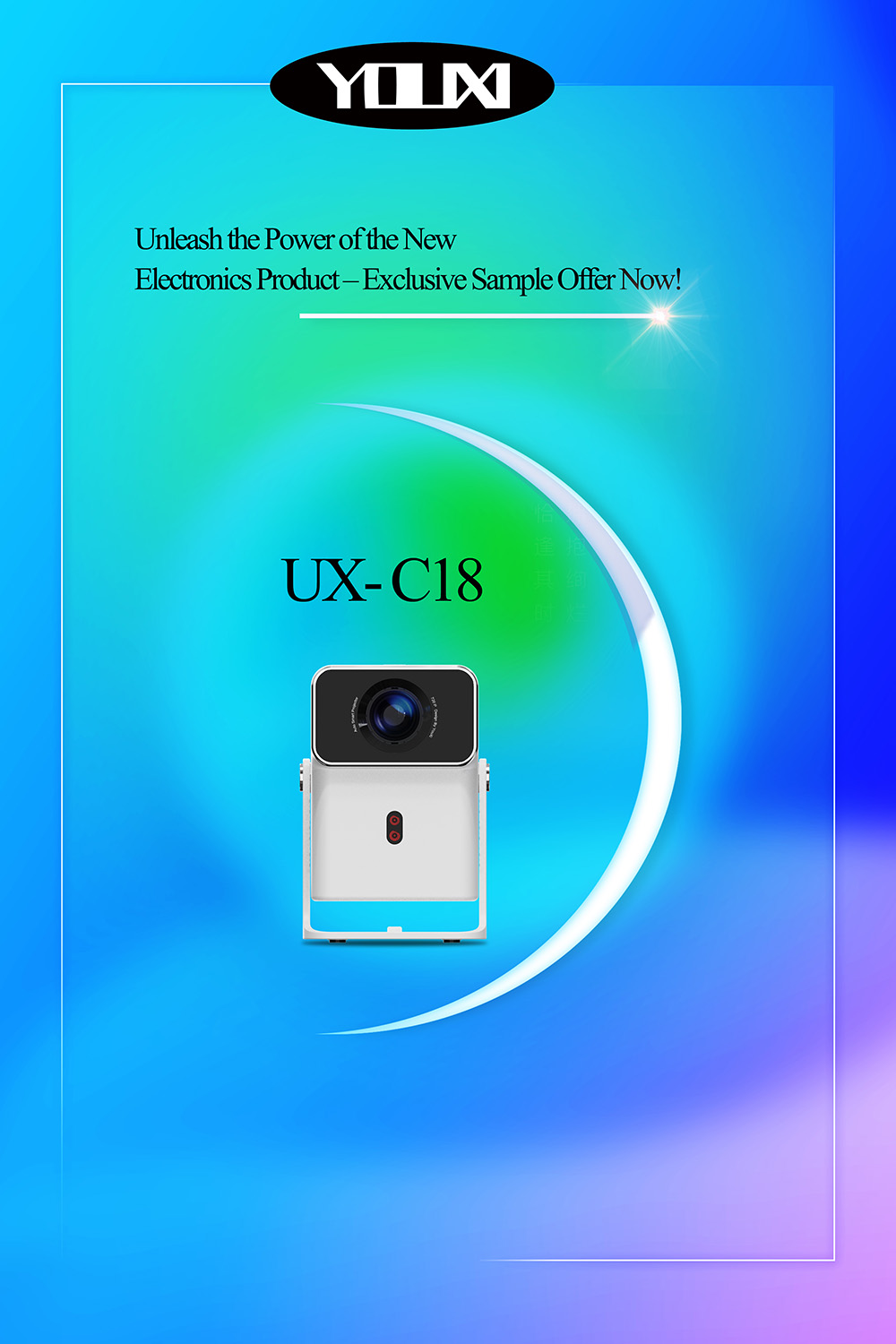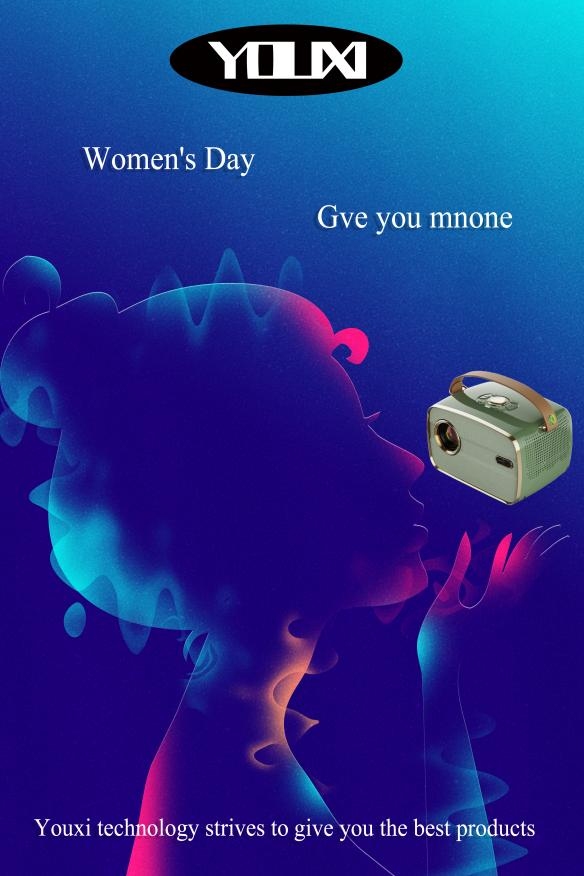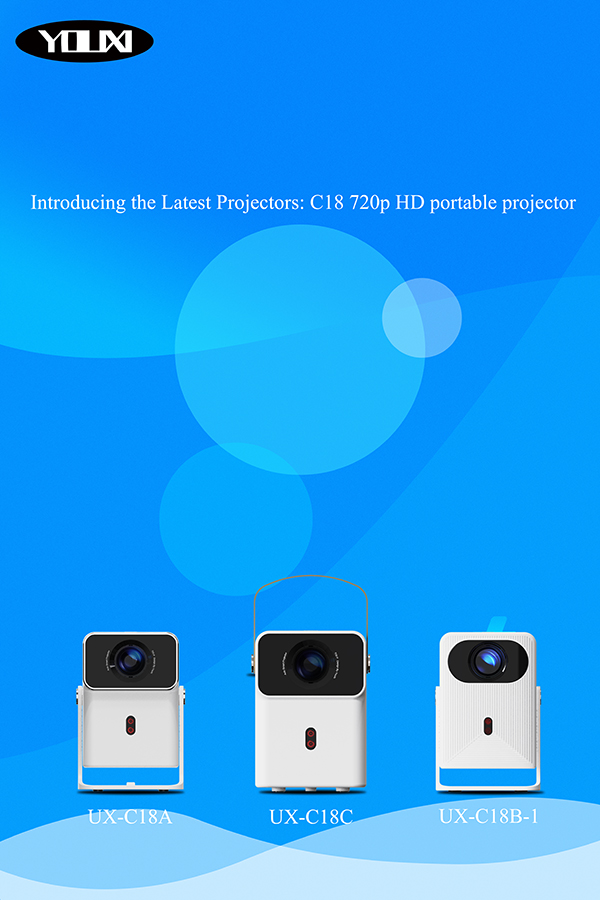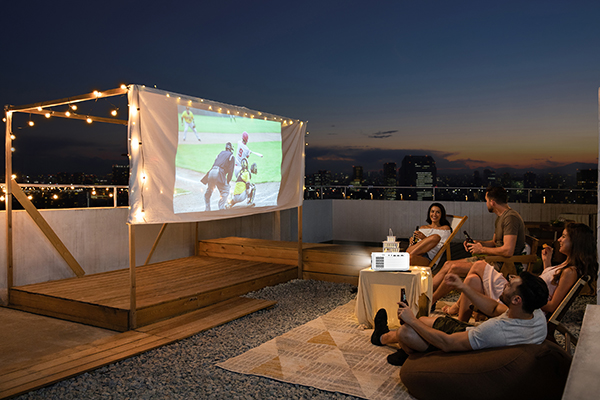What is HDR and should I get a HDR projector?
what is HDR?
HDR (High Dynamic Range) is a technology used to improve image quality and is widely used in display devices such as televisions, monitors, and projectors. The HDR technology of projectors aims to provide higher contrast, richer colors, and finer details of light and dark, thereby enhancing the viewing experience. The following is a detailed explanation about the projector HDR:
1. Basic principles of HDR
HDR technology increases the dynamic range of the image, making the bright parts brighter and the dark parts darker, thereby presenting more details and more realistic colors. This is achieved through the following methods:
Brightness enhancement: HDR content typically has higher brightness peaks, making the highlights brighter.
Contrast enhancement: By increasing the contrast between light and dark, the image has a stronger sense of hierarchy.
Color extension: HDR content typically supports a wider color gamut and can display more color details.
2. Advantages of Projector HDR
2.1 More realistic images
HDR technology can display more bright and dark details, making images more realistic. For example, when watching a movie, you can see more shadow details and highlights, rather than simple black or white areas.
2.2 More Rich Colors
HDR technology supports a wider color gamut, which can display more colors and make images more vivid. For example, you can see a more natural blue sky and brighter flower colors.
2.3 Higher contrast
HDR technology enhances contrast and enhances the sense of hierarchy in images. For example, when watching night scenes, you can see clearer contrast between light and dark, making the picture more three-dimensional.
3. HDR standard
At present, there are several main HDR standards on the market, including HDR10, Dolby Vision, and HLG (Hybrid Log Gamma), and projectors typically support one or more of these standards
4. Implementation of Projector HDR
The firmware and software of the projector need to support HDR content recognition and processing, and be able to automatically adjust display parameters according to different HDR standards

Should I get a HDR projector?
Of course, you can purchase an HDR projector! HDR projectors are superior to regular projectors in terms of image quality, color performance, brightness, and contrast, providing a better viewing experience. If you have high requirements for image quality and budget allows, HDR projectors are a better choice. However, if the budget is limited, a regular projector can also meet basic viewing needs.
When choosing an HDR projector, the following points can help you make wiser decisions:
1. Budget
The price range of HDR projectors is wide, ranging from a few hundreds yuan to tens of thousands of yuan. Firstly, determine your budget range, and then search for the most suitable option within this range.
2. Resolution
HDR projectors typically support different resolutions. The common ones are 1080p (full HD) and 4K (ultra HD). If you are pursuing higher image quality and detail performance, a 4K HDR projector is a better choice, but the price is also relatively high.
3. Brightness
The brightness of the projector is measured in lumens. In normal dark rooms, almost all the projectors has a good performance, but if used in brighter rooms, higher brightness may be required.
4. Contrast
High contrast can enhance the layering and detail representation of images. HDR projectors typically have high contrast, but there are still differences between different models. View the contrast parameters and select the projector that meets your needs.
5. HDR standard
Different HDR standards have different manifestations. Common HDR standards include HDR10, Dolby Vision, and HLG. Understand the HDR standards supported by the projector to ensure compatibility with the content sources you frequently watch.
6. Projection distance and screen size
Consider the room size and projection distance where you plan to install the projector. Ensure that the projector can project the screen size you want at the appropriate distance.
7. Connectivity
Check the input interface of the projector, such as HDMI, USB, etc. Ensure that the projector can connect to your commonly used devices, such as Blu ray players, game consoles, streaming devices, etc.
8. Brand and reputation
Choosing well-known brands and products with a good reputation can increase purchasing confidence. Read user reviews and professional reviews to understand the actual performance and reliability of the product.
9. Additional features
Some projectors may have additional features, such as built-in speakers, intelligent operating systems, wireless connections, etc. Choose the appropriate features according to your needs.
10. Warranty and after-sales service
When purchasing a projector, be aware of the manufacturer's warranty and after-sales service policies. Good after-sales service can provide you with more guarantees.
Although there are some voices in the market questioning whether the HDR function of projectors is truly effective, as ordinary consumers, it may be difficult to clearly distinguish the HDR effect on the screen. However, we must believe in the existence of this technology, and many technicians are working day and night to conduct in-depth research and development to continuously improve its performance.




